Objectives
The general objective of the project was to provide new insights on the risks to public health caused by rodents living in close association with humans in rural and peri-urban areas of south-eastern Africa, and apply this information for the development of risk-management strategies. Because of changes in rural ecology, previously rare diseases could become more common. Because of increasing connectivity between rural and urban areas, these diseases could reach cities. Because of deteriorating hygiene and increasing urban rodent pests, these diseases could easily spread and persist in cities. In order to confirm these hypotheses, three rodent-vectored diseases (plague, leptospirosis and toxoplasmosis) were studied as model systems because of their different clinical manifestations and different transmission routes in relation to designing predictive models.
Activities
Within the proposed project, the disease prevalence and livelihood constraints were measured for three major diseases, plague, leptospirosis and toxoplasmosis. Ecological and anthropogenic factors responsible for their spread and transmission were identified and evaluated. Host ranges were investigated, and the infection dynamics within the host populations and from the hosts to humans were studied. EC Programme objectives on the rural urban interface sustainability in water management, land use and sanitary risks were addressed by developing predictive tools and control strategies which can reduce the risks posed by rodent-borne diseases. The project aims to help Southern African countries develop strategies for the prevention of sanitary risks linked to the proximity of humans and animals by ensuring that policy makers and extensionists are provided with the appropriate tools and information to manage rodent disease risks using cost-effective, sustainable and ecologically-based strategies. Such predictive tools will help policy makers to support rural and peri-urban communities to handle their natural and social capital in a way that improves people's health as well as their land and water management.
Expected outcomes
- Increase understanding of zoonosis prevalence in rural and peri-urban African communities and of the impact of agro-ecological and anthropogenic factors on the disease transmission pathways of plague, leptospirosis and toxoplasmosis
- Establish the impact of rodent-borne diseases on sustainable livelihoods
- Raise the profile of the effects of rodents on people's health
- Inform and influence policy formulation at government, institution and community levels
- Provide potential risk reduction strategies that can be cost-effectively used to reduce the impact of zoonotic diseases on people's lives
- Create predictive and simulation modelling tools to measure the threats of zoonotic disease
A full description of the project activities is available under Publications
